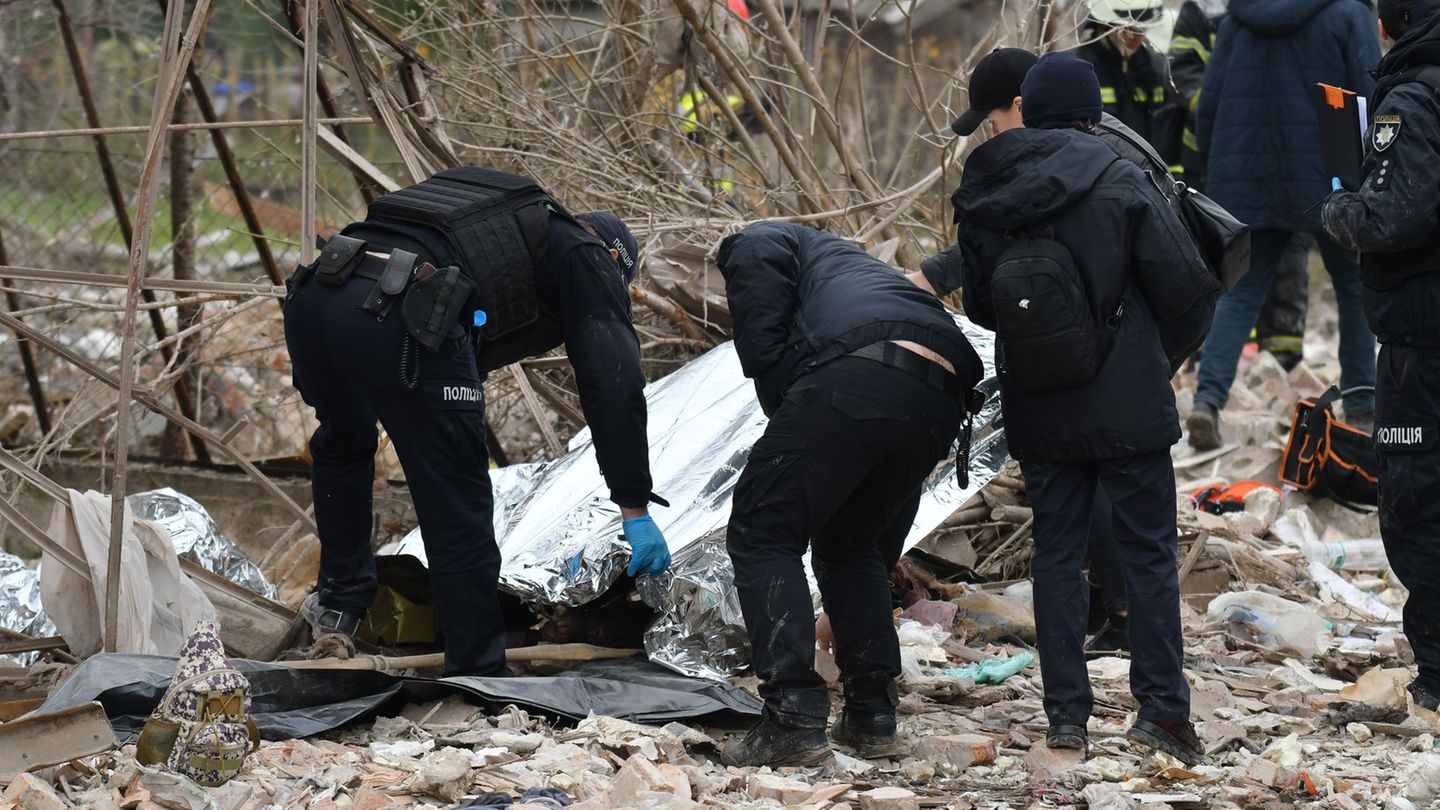The goals of reducing natural gas imports from Russia and at the same time significantly filling up the storage facilities by the winter can only be achieved if Europe’s industry does not use gas for weeks. A calculation model by Forschungszentrum Jülich shows that more than 300 terawatt hours of natural gas (around 30 million cubic meters) would have to be saved across Europe this year in order to meet an EU plan presented at the beginning of March, reports the “mirror“.
EU Commission Vice-President Frans Timmermans had stated that the EU member states could forego two-thirds of their gas supplies from Russia by the end of the year and replace them from other sources. At the same time, the states should fill their storage facilities to at least 80 percent of the maximum capacity by November – in order to get through the next winter without Russian gas if necessary.
Industry lockdowns would be necessary
According to the model calculations of the Jülich Institute for Techno-Economic System Analysis, both goals can only be achieved with significant lockdowns in industry, such as the “mirror” reported further. As a result, all steel works, chemical plants or cement works in the EU would have to be turned off from now until the end of July – and the gas-fired power plants for almost the whole of July.
This is the only way to achieve the EU’s interim goal of filling 63 percent of the storage tanks by August 1, according to “mirror” the model calculations. In October, further caps would be necessary for the industry to reach the 80 percent level by November 1. All of this applies even under the optimistic assumption that imports of liquefied natural gas (LNG) and pipeline gas from other countries increased again significantly.
“If the reservoirs are to be filled according to the planned specifications and at the same time deliveries from Russia are to be reduced to such an extent, this will only be possible with significant restrictions for industry and power plants,” said Jochen Linßen, professor at Forschungszentrum Jülich, the “mirror“.
The German gas emergency plan stipulates that customers such as private households or social services such as hospitals must be given priority. Savings could therefore only be made by companies that need gas for their production or as fuel for power plants.
Business representatives, on the other hand, are calling for private end users to be switched off if necessary. Eon supervisory board chairman Karl-Ludwig Kley demands, for example, that the industry must be given priority.
Source: Nachrichten




